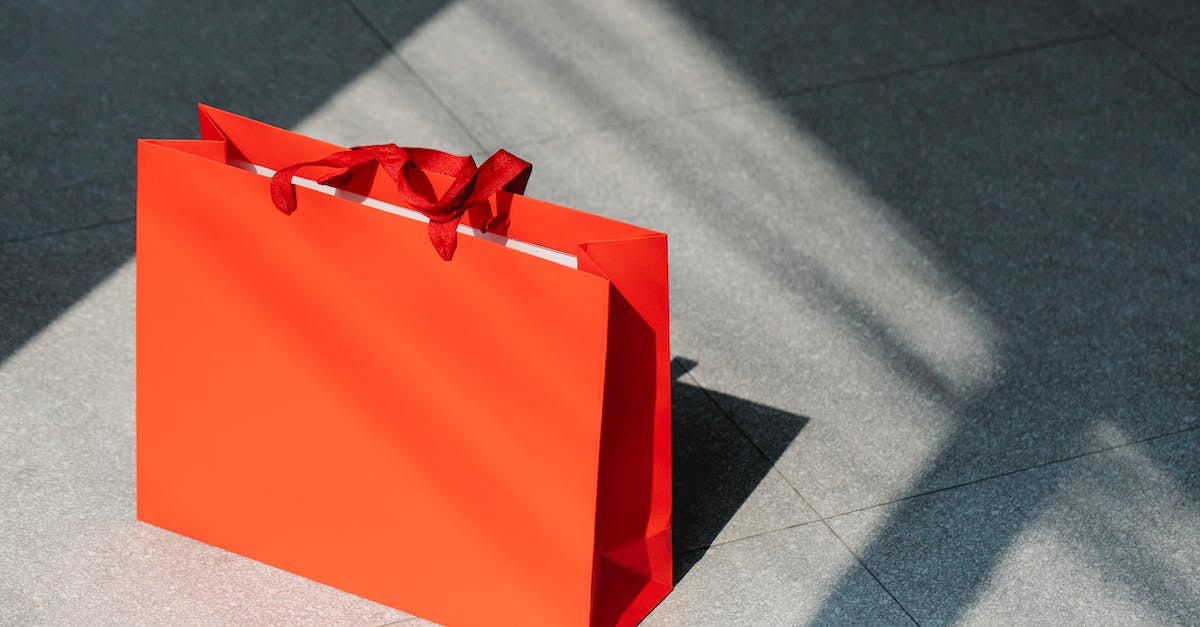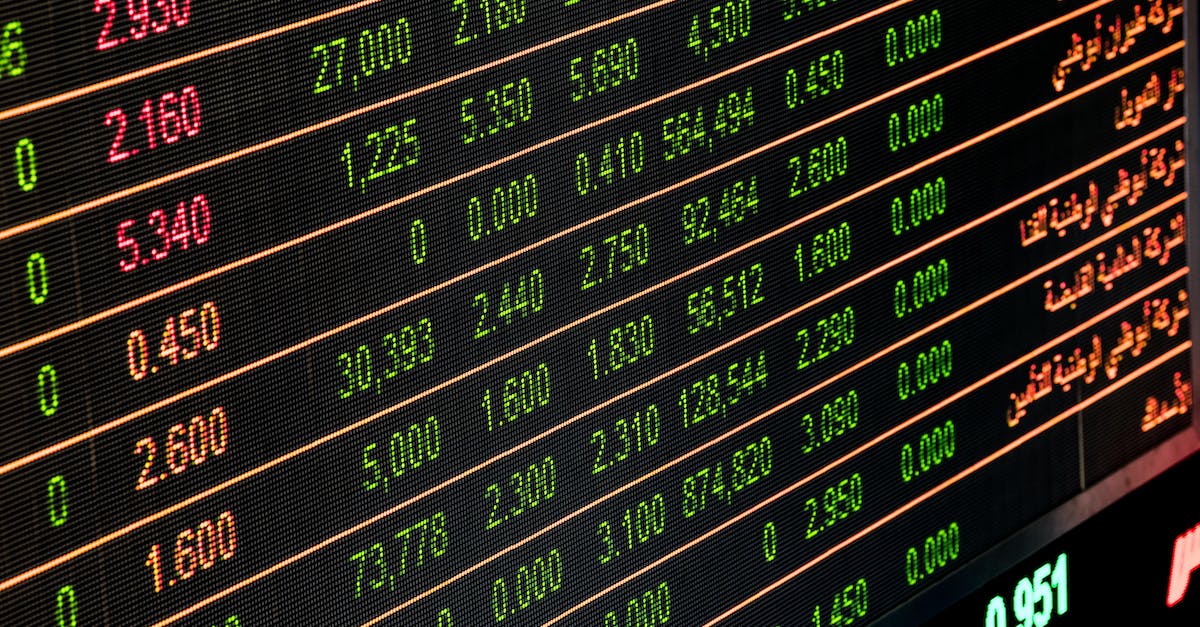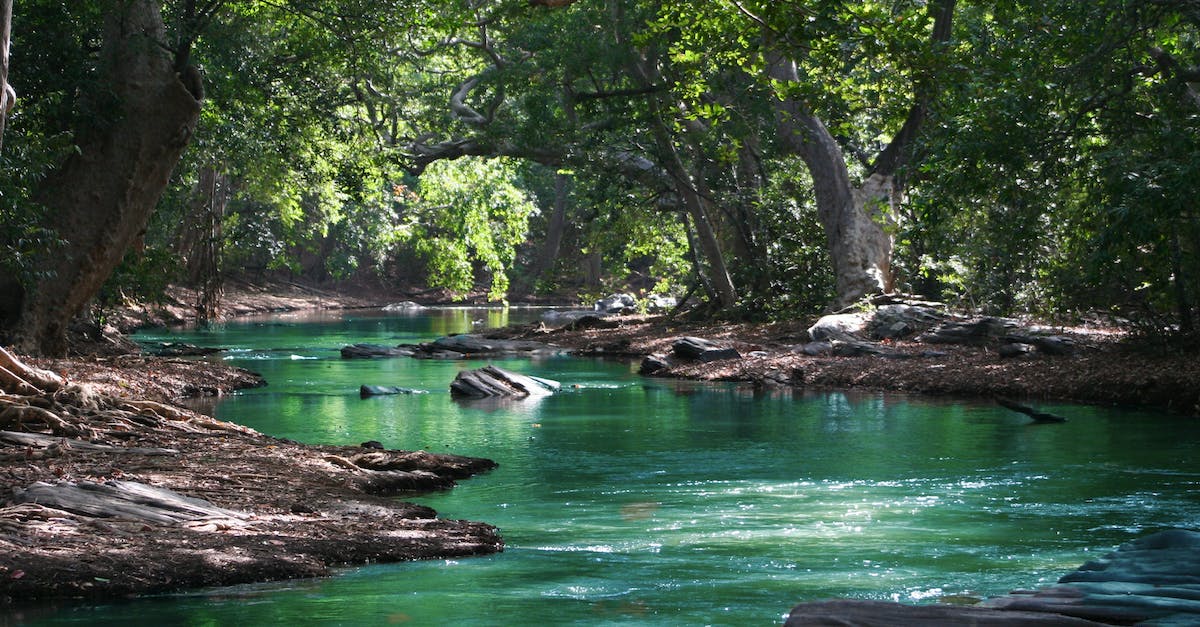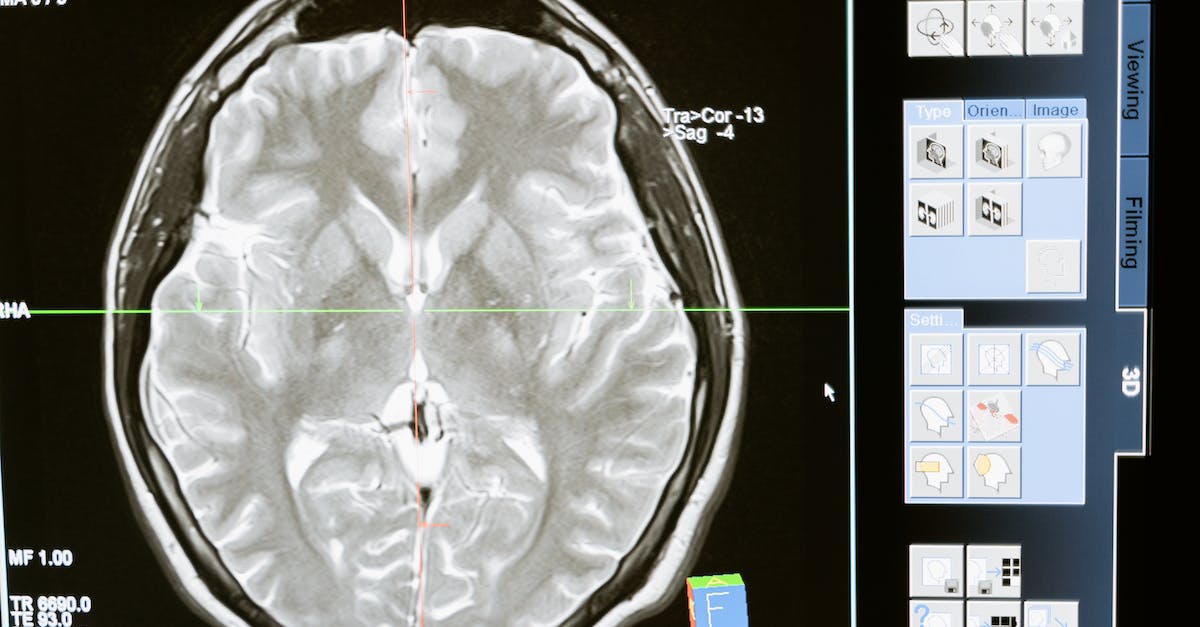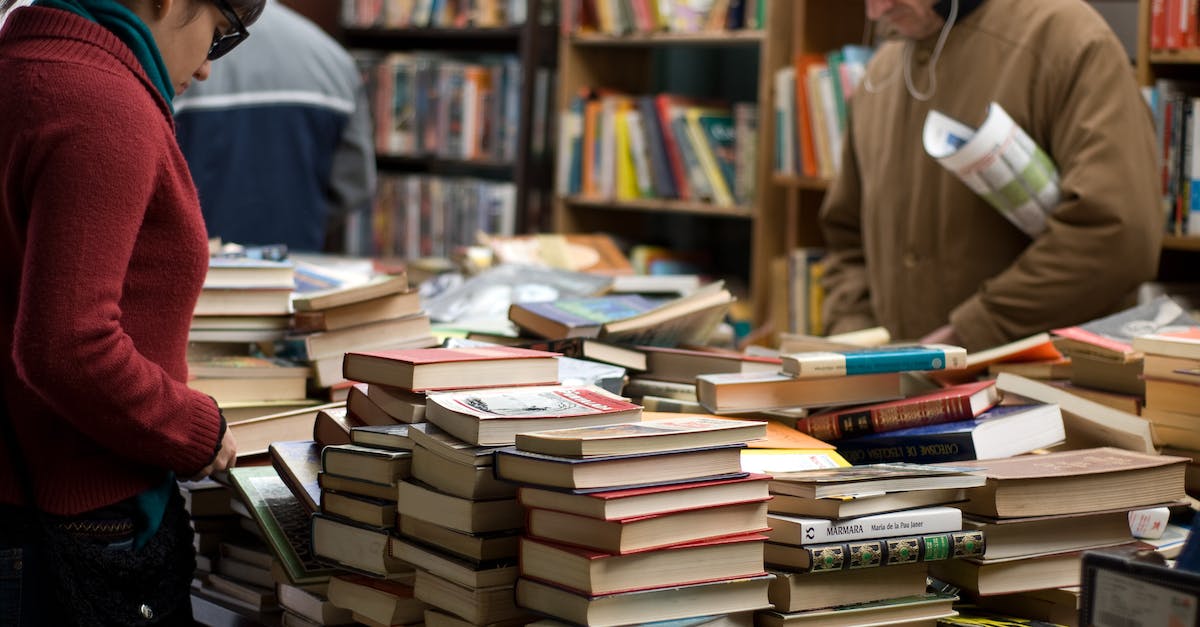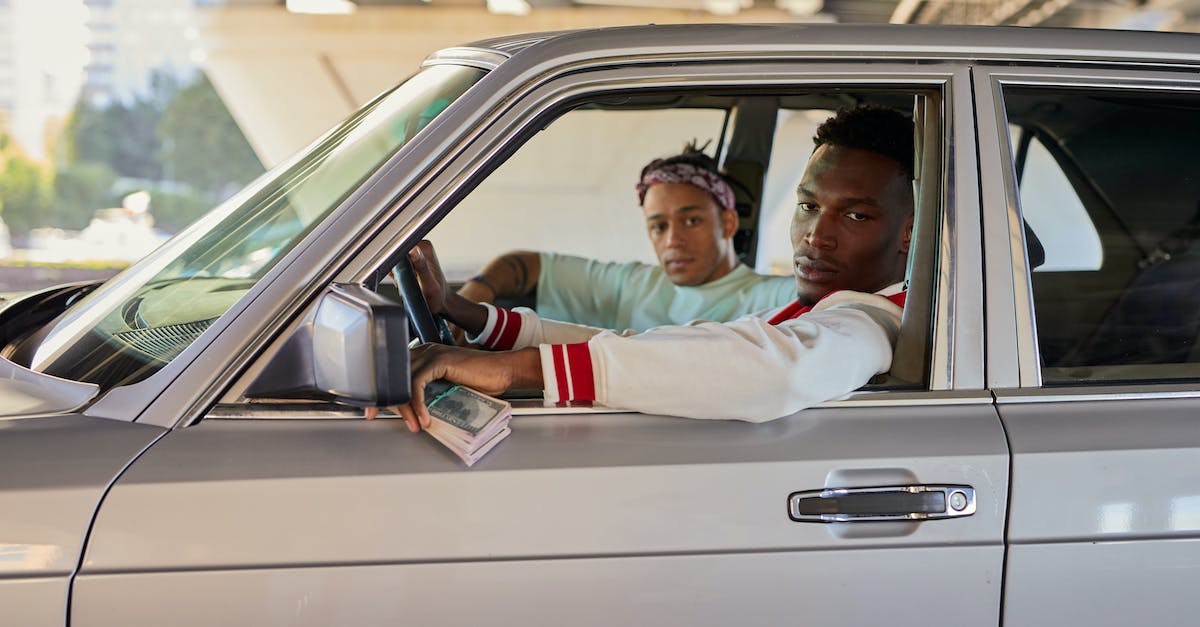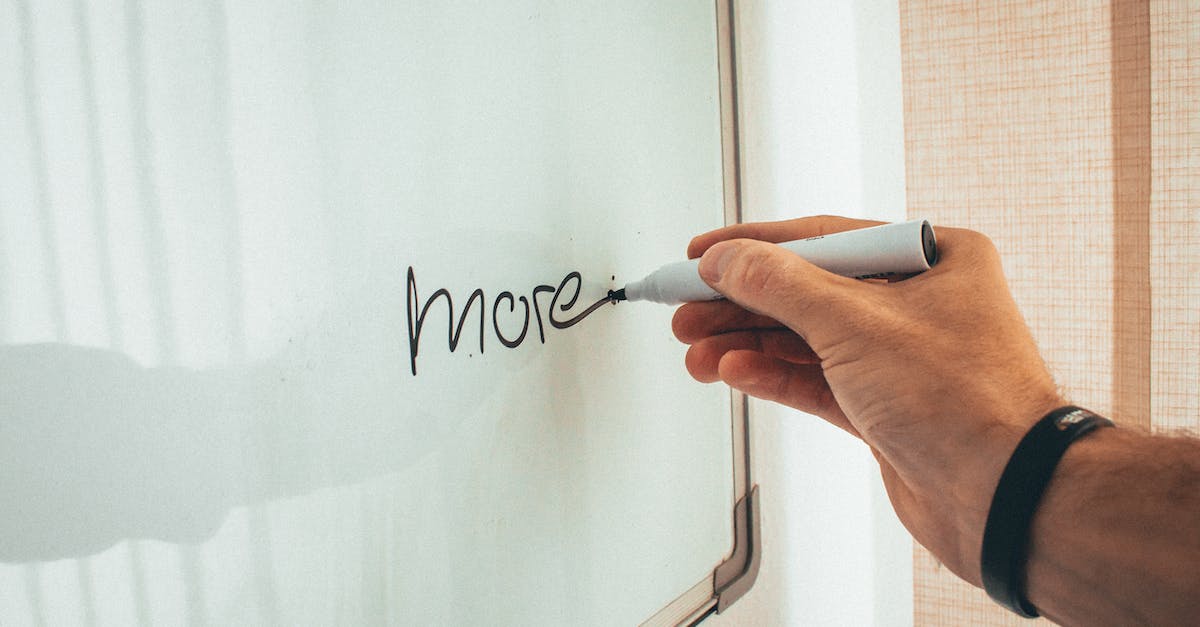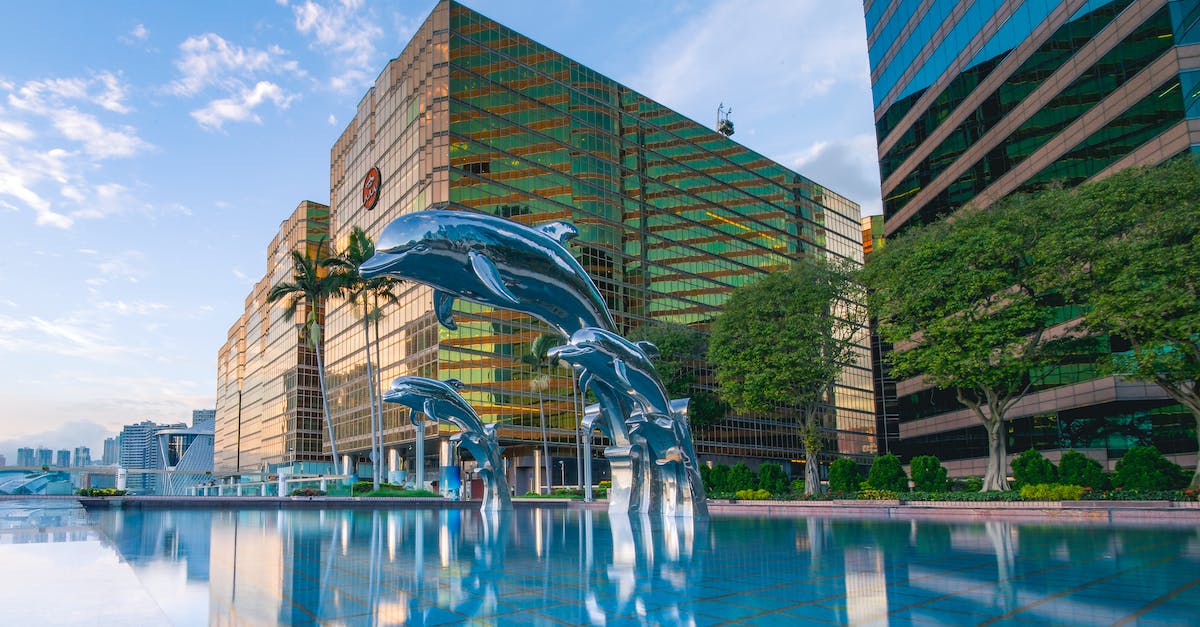The history of skin whitening products and their use around the world.
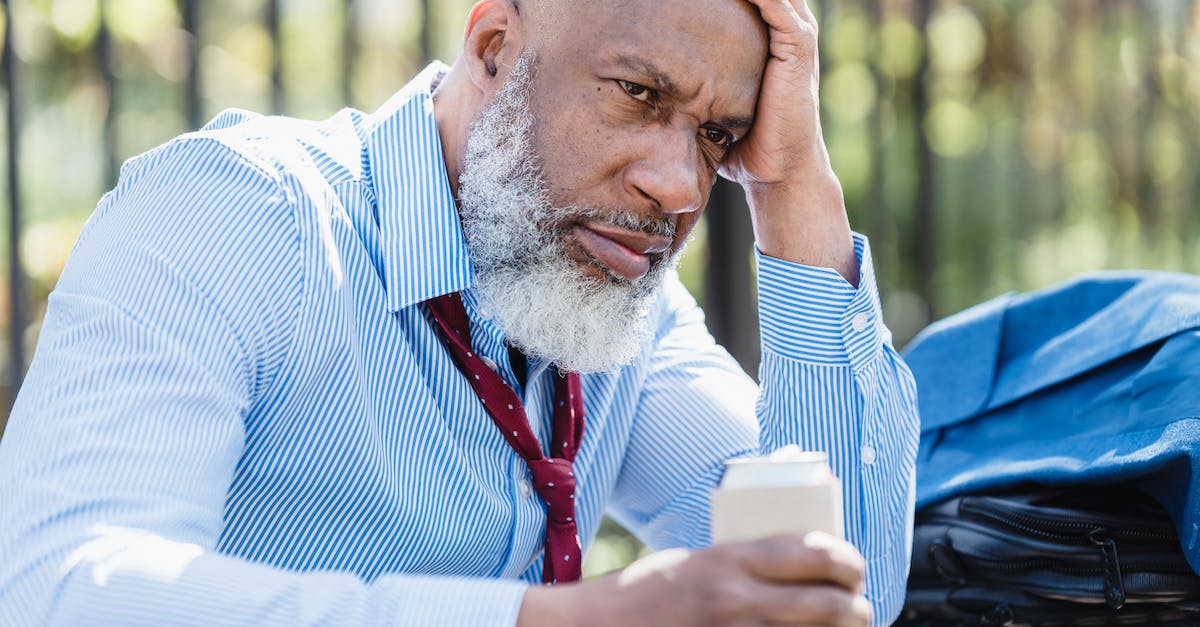
While the Black Lives Matter movement amplified calls for racial equality in the us together with globe, a few corporate announcements indicated what looked to be a turning point for the cosmetics business.
Consumers were quick to indicate the discrepancy between the companies’ general public statements, and also the continued promotion of lotions, creams, and serums that claim to whiten skin, as multinationals had been forced to support racial equality.
A few major skincare companies pledged to revamp their brand name and items lines in reaction.
Johnson & Johnson said it will stop attempting to sell skin whitening products in Asia together with center East.
L’Oreal pledged to remove words such as for instance “whitening” or “fair” from their ranges.
Unilever too succumbed directly into pressure, naming Fair & Lovely, its Southern Asia-focused brand name Fair & beautiful to Glow & Lovely.
Nivea’s owner, Beiersdorf AG, also distanced itself from the terms “whitening” and “fair,” telling Allure magazine it was undertaking an “in-depth review” into its “product providing and advertising approach.
” based on the German business, it said last year that the company had completed the review.
It also took considerable customer research under consideration and didn't keep in touch with clients that do not “reflect the diverse epidermis tones of our consumers.” Campaigners said why these steps were important yet not insignificant.
They truly are one step towards changing the industry’s narratives which associate whiteness with beauty and success.
Visit any one of the aesthetic giants’ web sites from Europe and America today to see explicit sources about skin color.
Log on from Asia, Africa or the center East, nevertheless, and it’s yet another tale.
L’Oreal’s Singapore web site, for instance, nevertheless encourages ointments and serums which have “powerful whitening” capabilities, while the Indian website stocks a moisturizer called “White Activ”.
The Chinese term for “whitening” is “white”, which literally means “beautiful” in Chinese.
L’Oreal recommends making use of a mask to whitening your skin.
Current social media marketing advertisements for mainland China offer a “whitening miracle” or “mild-whitening” that will “blow the spring breeze across that person.
Japan makes use of the word “bihaku”, which also combines “white” with “beautiful”, to spell it out its products.
Unilever additionally seemed to be saying various things to different demographic teams — even in the same region.
Pond’s is amongst the most well-known skincare brands.
The English variation doesn't have mention of “whitening” even though the Spanish version had a section that was freely defined as “whitening”.
CNN reached away to CNN for feedback about that web page.
In Thailand, meanwhile, clients can purchase a variety of products marked “White Beauty” including sunscreen and face cleaner.
Fair & Lovely is now called Glow & beautiful.
But, Fair & Lovely’s packaging still features lighter skinned South Asian models.
Unilever also continues to market its “Intense whitening” facial clean in India via the Lakme brand name.
The Philippines-based conglomerate Block & White has retained the manufacturer associated with product.
It is marketed as a sunscreen, but has boasted about its “intensive whitening”, “5 in 1 Whitening basics” as well as other “intensive whitening” features.
Amina Mire has spent over 2 full decades studying the skin-whitening market.
She thinks that continued promotion of skin-whitening items suggests that non Western markets remain “too lucrative for multinational corporations in order to make meaningful actions.” Although she acknowledges current corporate announcements were a “step within the right direction”, the sociology professor at Carleton University, Ottawa, Canada believes that international companies will not make concessions in Asia.
They’re cleaning their sites.
.
.
CNN’s Mire stated that they knew whom their consumers were on the billboards, and their marketing.
Mire asserts that brand messages that target females from the western is difficult to alter because numerous ındividuals are searching for clear assurances concerning the skin-whitening properties associated with products.
L’Oreal said that while it made updates to its item portfolios, “due in component to manufacturing schedules as well product registration and official certification requirements this transition isn’t complete across all areas or materials.
a spokesperson added that the company is “committed and focused on removing the term ‘whitening’ as quickly as possible in all areas.
” The company also said making use of words like “bihaku” is managed in eastern Asian countries, and that the terms are “commonly utilized in these areas to spell it out a straight, radiant and blemish-free skin tone.
Unilever spokeswoman said the organization had stopped utilizing terms like “fair”, “white” or “light” simply because they suggest an individual ideal of beauty.
This statement additionally reported that the vast majority of Unilever’s communications and packaging have now been changed to reflect the change.
The spokesperson reported that consumers may find old packaging on third-party websites or stock pipelines.
Read: Skin whitening: What is it, which are the dangers and who profits?Differing approachesIn contrast to Unilever and L’Oreal, some cosmetics companies have actually tried to avoid fees of hypocrisy by remaining quiet in the matter completely.
As an example, Japanese cosmetics giant Shiseido, whoever high-end skin items are now acquireable in Europe and the United States, has made no public notices about the branding of its “White Lucent” range.
CNN asked the same concern last year to Shiseido.
They reacted by saying its services and products don't whiten skin and that they don't suggest it.
CNN asked Shiseido for more information on this matter.
Other people seem to be making good on their claims.
On the web searches carried out by CNN on websites online operated by Johnson & Johnson, which dropped its Neutrogena Fine Fairness and Clean & Clear Fairness lines from Asian and Middle Eastern areas in 2020, found no types of the term “whitening.
” CNN reached out to Johnson & Johnson for comments.
Nivea’s name which the business claims translates to “snowwhite,” seems to have selected a unique course.
As recently as last thirty days, very nearly 2 yrs after Beiersdorf AG promised modifications, CNN found that regional sites all carried an extensive FAQ acknowledging that “beauty in Asia and Africa is frequently connected to a lighter complexion.
” It explained that its products do “not have any influence in the color of the epidermis,” and that Nivea doesn't promote epidermis lightening.
But, products sold in Asia were still marketed as “whitening” and “extra whitening.
” Nivea’s Malaysian site also continued to have a “whitening” section, with a fair-skinned model utilized to appeal to purchasers into the southeast Asian country.
CNN contacted Beiersdorf AG to get rid of these pages and their products or services.
In Nigeria, but, services and products continue to offer “natural fairness.
You can easily start to see the explanations why words and actions may not be in sync.
According to the company, “Nivea products containing whitening ingredients continue being our largest sellers in Asia.” “In statement, a representative for Beiersdorf AG stated that services and products using the term “whitening” are “in the process of being changed” and that “adaptations to our item communication can be more visible .
.
.
slowly in the coming months.
” It said it is currently on a “journey and.
.
.
Its services and products “usually develop, produce and promote on a regional basis so that you can respond to customer requirements.” Mire believes terms such as “glowing”, “brightening” as well as other comparable phrases, that are utilized more frequently by cosmetic makeup products manufacturers as substitutes, are only as rooted in colonial or racial narratives than the words that they replace.
Mire believes that these cosmetics continue to utilize historic and racialized connections between skin tone and social status.
Mire stated that even though term “whitening” has “become problematic”, she stated that it still links lightness with urban progress and design with sophistication.
.
.
utilizing the modernities of globalisation.
L’Oreal’s statement to CNN stated that the word “brightening”, which means products that target issues such as uneven epidermis tones, blemishes or spots due to UV radiation, was appropriate.
“‘A troubling inconsistency’If the choice to rename Fair & Lovely had been a seminal moment within the campaign against epidermis whitening, then Indian student Chandana Hiran had been one of its key protagonists.
The #AllShadesAreLovely petition, which she shared virally with over 35,000 signatures attracted attention from all corners associated with the world to an obscure brand name.
Hiran is enrolled in an MBA program at Canada’s Ivey Business class.
She was blended about the obvious success of her campaign.
Hiran, that is currently in Mumbai to pursue an MBA system at Canada’s Ivey Business School, claimed that her initial effect had been “it’s a step forward.” She also said that the campaign was a tacit acknowledgement of “what had been incorrect into the previous.” But, the campaigner of 24 years soon realized that the original name had been prominently featured on the items.
This message is provided for customers as “Fair & Lovely” and reads: Hiran explained that whilst the brands have modified the branding, they didn't disengage from the items.
Hiran included, “Nowhere is it acknowledged in marketing or marketing why it became Glow & Lovely, or why Fair & Lovely had been a problem.” Hiran stated that the Unilever empire’s continued usage of “whitening” or “fair” across other brands (such as Block & White and Lakme) creates a worrying inconsistency.
He asked: “If they understand this really is a challenge in a single area, then you will want to apply it to any or all?” would you really need someone letting you know to apply it in other regions? “Unilever declined to comment on concerns concerning Glow & beautiful, including questions on historical advertising campaigns and intends to remove the brand’s old name from the packaging.
The lady attempting to end the skin-whitening market.
Assistant teacher of strategy and policy at nationwide University of Singapore Business School Arzi Adbi stated that he thinks these businesses promote beauty ideas being connected to lighter skin, and which they fuel demand that may indirectly pose a risk to people’s health.
Adbi unearthed that although skin-whitening creams produced in multinationals aren't frequently toxic, Adbi nevertheless believes that there's an interest in stronger, less costly items, which could contain dangerous components.
CNN’s Adbi stated, “The corporate governance standards of multinationals are greater.
They perform their audits and make certain that they don't introduce a product that will cause injury.” “But as soon as you’ve legitimized a market for skin whitening, you can’t control a number of the local, smaller organizations in countries like Asia that .
.
.
launch stronger and riskier items, which can actually whiten the skin into the quick run but lead to longer-term undesirable side effects.
“Describing Unilever’s decision to drop the term “fair” from its branding as an “extremely aesthetic change,” Adbi stated that a far more significant move will be acknowledging the effect of historic advertising campaigns that did actually connect lighter epidermis with improved life results.
Abdi proposed that they apologize to Indian advertisers for showing darker-skinned women struggling to find good work or marriages once they utilize these items.
Similar marketing campaigns have been condemned by other brands.
One controversial Pond’s advertisement show showcased Priyanka Chpra as a woman whom won her lover back by utilizing Pond’s services and products to attain a “pinkish white glow”.
She apologized inside her 2021 memoir for her participation in commercials.
Dove posted a 2017 social networking ad showing an Ebony girl removing her brown top and showing a White girl using a lighter top.
Nivea, a company that claims to own “visibly fairer skin,” had been additionally criticized because of its billboards appearing in Ghana and western Africa.
In a declaration given to NPR during the time, the organization stated its campaign was in “no method designed to demean or glorify any person’s requirements or choices in skin care,” adding that the product marketing ended up being designed to “protect your skin from long-lasting sunlight harm and early skin-ageing.
“Hiran echoed Adbi’s demand beauty businesses to actively acknowledge and renounce problematic previous campaigns, recalling the effect that they had on her as a kid growing up in Asia.
“I would personally always feel substandard,” she stated.
She stated that she felt like nobody would definitely marry her and that most the adverts for fairness cream were true.
It would be impractical to find a partner.
You wouldn’t be plumped for for work.
We had insecurity for a long time.
She added, “That was the narrative being told by society.” And everyone was part of it.
Today, but, things are gradually changing.
But the messages you hear — and exactly how loudly you hear them — may greatly rely on where on the planet you live..
Adjusted from CNN News

